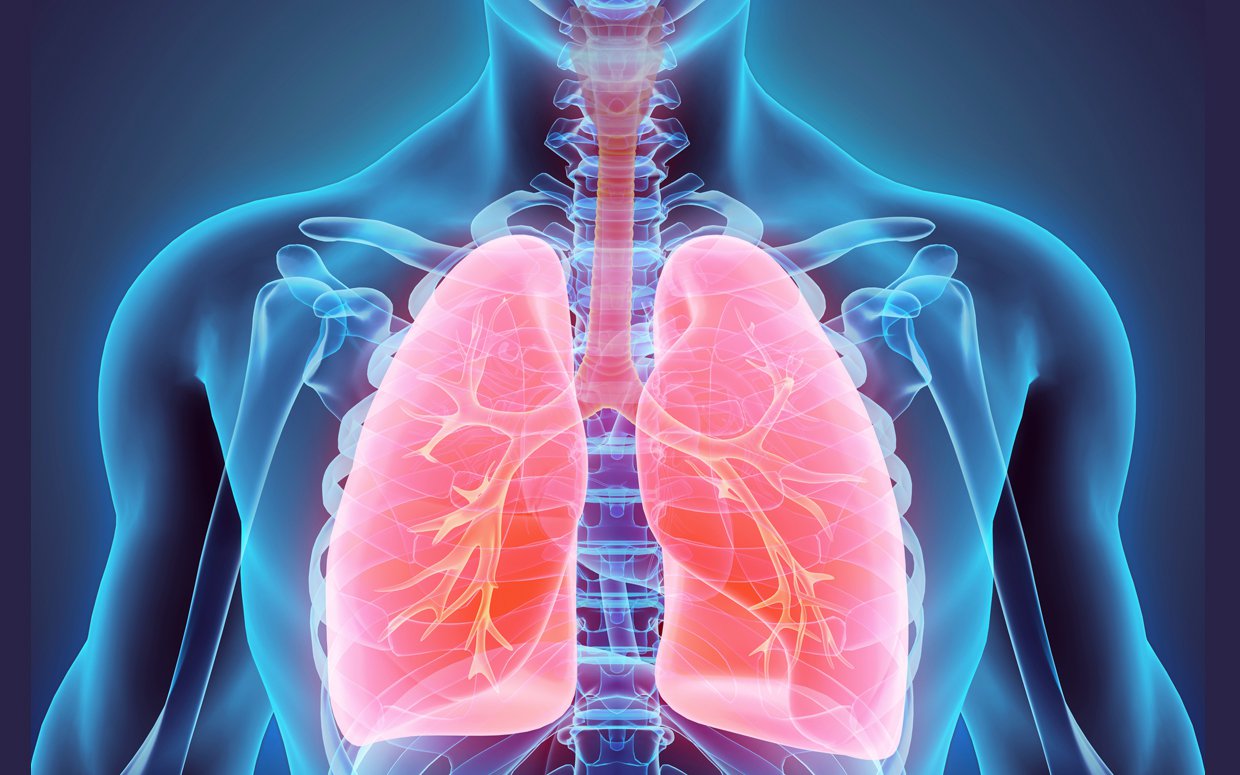Cardiac Health
Why is it important to have proper transportation of carbon dioxide in cells
How Carbon Dioxide is important for Transportation of Oxygen :
We inhale oxygen into our lungs and flush out carbon dioxide. Human cells need oxygen to produce ATP molecules, and ATP is required for cellular work. Carbon dioxide is a final product of this cellular metabolism. Though, Carbon dioxide is a waste product produced in the body and must be removed from our body, similar to trash that must be removed from the house.
Our bodies have recognized the use of carbon dioxide as it is been transported from our tissues to the lungs. Carbon dioxide helps to balance the pH levels in the body and also in the transportation of oxygen.

A glimpse about the uses of carbon dioxide :
Transportation of carbon dioxide in the blood is a complex process. a small fraction of carbon dioxide roughly about 5 percent remains unchanged and the rest is dissolved in the blood. The remained carbon dioxide is found in the chemical process of red blood cells or plasma. Some carbon molecules bind with the protein present in the blood and forms a compound referred as the carbamate.
Approximately 88 percent of carbon dioxide present in the blood forms bicarbonate ions. This gas diffuses out of the tissues and from the blood and dissolved in plasma. A small amount of carbon dioxide is dissolved in plasma, while the major portion of the gas is diffused into red blood cells. In this process “carbaminohemoglobin” is formed when carbon dioxide reacts with hemoglobin in our blood.

Chemical reactions
However, Most of the carbon dioxide gas is converted to bicarbonate molecules. Carbon dioxide and water compounds are broken down into bicarbonate molecules and hydrogen ions with the help of an enzyme known as Carbonic anhydrase present in the blood.
The role of bicarbonate is significant in maintaining the pH level in the body.Carbon dioxide is considered as a metabolic waste product But plays a vital role in of maintaining the pH level in the blood.It helps to form bicarbonate molecules and hydrogen ions in the body.
That hydrogen ion binds with the hemoglobin molecules which releases the oxygen from hemoglobin. This released oxygen enters the cells and used for consumption of the body.

Apart from the above-mentioned facts, there are other uses :
- Carbon dioxide is highly soluble in blood than oxygen gas; Approximately 5 to 7 percent of the carbon dioxide present in the body is dissolved in the plasma.
- Due to its solubility in blood, it has the ability to attach to hemoglobin molecules. Which will be removed from the body once they become dissociated from each other
- Carbon dioxide plays an important role in bicarbonate buffer system, as it acts as a chief component for transportation in the blood.
- The carbon molecules are used in breaking down the complex compounds and Finally, This is escaped through the lungs during exhalation process.
- The most Important task in the bicarbonate buffer system is it allows to adjust to the change according to the pH of the body system.
- People traveling at high altitudes can automatically adjust to the pH changes with the usage of Carbon dioxide gas.
Though,Carbon dioxide is exhaled during the respiration process as a metabolic by-product. It has several uses in the human body from breaking the complex compounds which are converted into energy. It has a prime role in the transportation of energy molecules in the body. It flushes out the harmful chemicals present in the blood by absorbing them and will be exhaled during respiration. The ways through which carbon dioxide is transported through the entire body are Dissolution, hemoglobin binding, and the bicarbonate buffer system.
The presence of carbon dioxide should not be excessive in the human body, as it leads to other maladies. This gas helps to break complex molecules and to release them as energy. Harmful compounds are released during the exhalation. It promotes the cellular work and provides ATP required for function fo cells.



